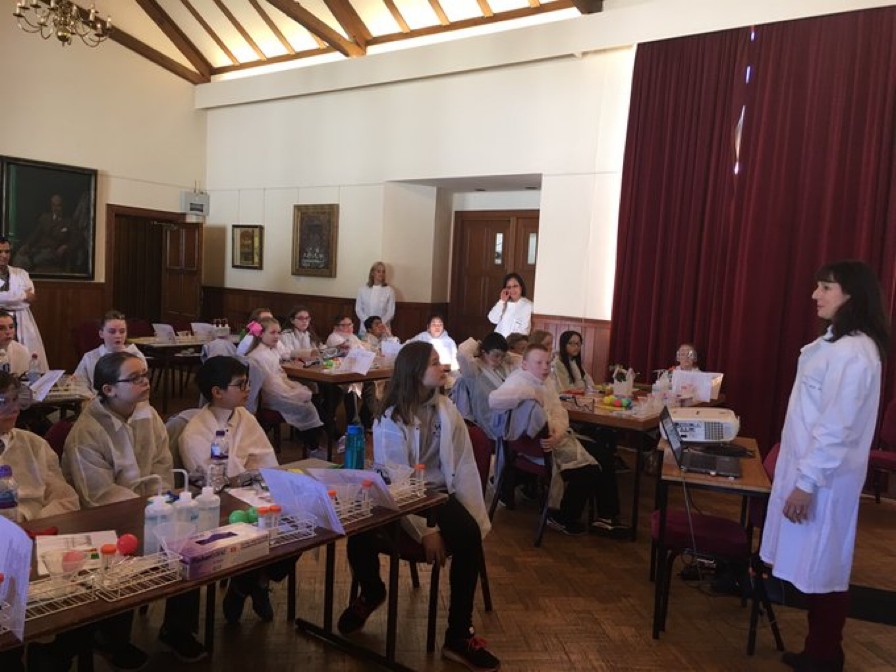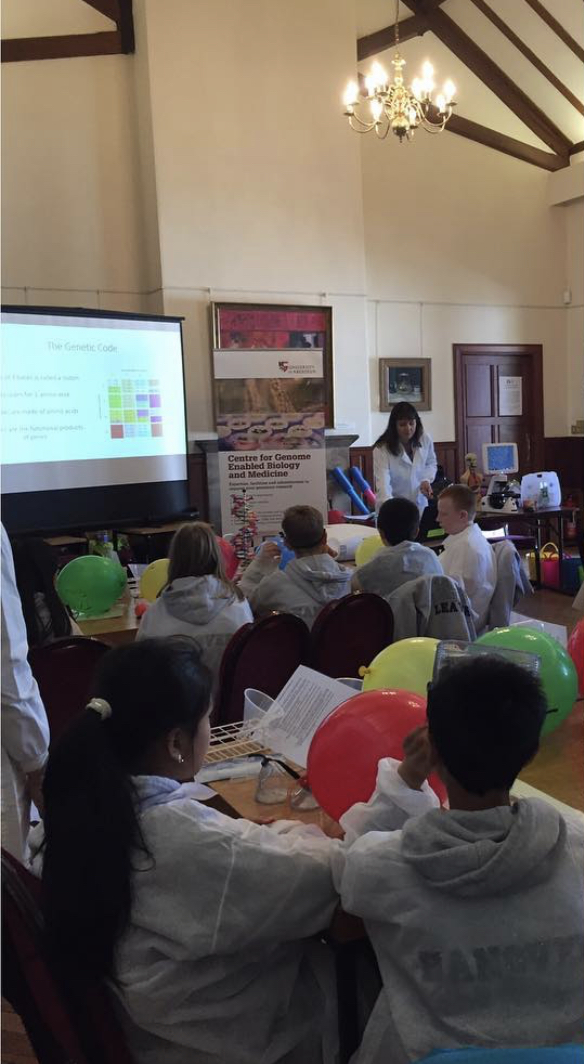
How I approach my own mental health is not the only way and with everything difficult, it’s a journey. So please don’t view anything you differently to me as wrong!
But what do I actually do to take care of my #mentalhealth? (1/8)
But what do I actually do to take care of my #mentalhealth? (1/8)
1) Understand that there will be very good and very bad days. These may come at random times and without reason. It’s about riding the rollercoaster
2) Take breaks! (Yes - I don’t listen to my own advice)
3) Found my people. A group either online or offline that I can talk to or have shared experiences. Good examples of online communities that are a great comfort for me are @openacademics and @PhD_Balance
@OpenAcademics @PhD_Balance 4) Find something away from academia to invest time and effort it. For the majority of my PhD, I was in a choir and we even went to New York to perform! 

5) Try not to measure myself only by academic achievements (this links back to number 4)
And last but by no means least - 6) Don’t be afraid to ask for help. I learned this one too late and a lot of my PhD would have been a lot easier if I had sought out the support I needed before it got so bad.
What approaches do you use to help maintain and look after your own #mentalhealth? (8/8)
• • •
Missing some Tweet in this thread? You can try to
force a refresh







